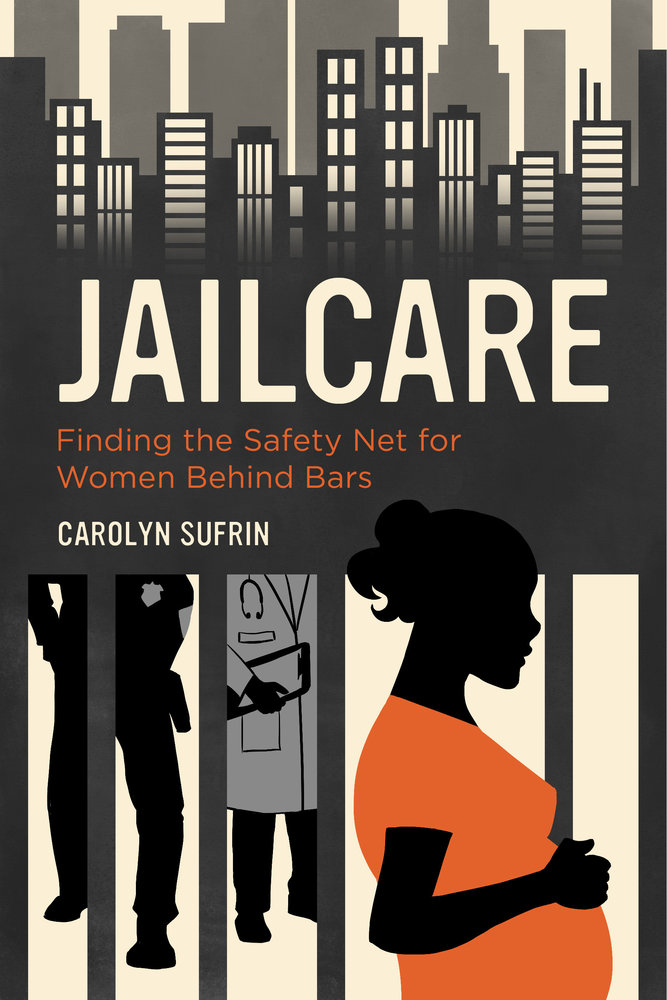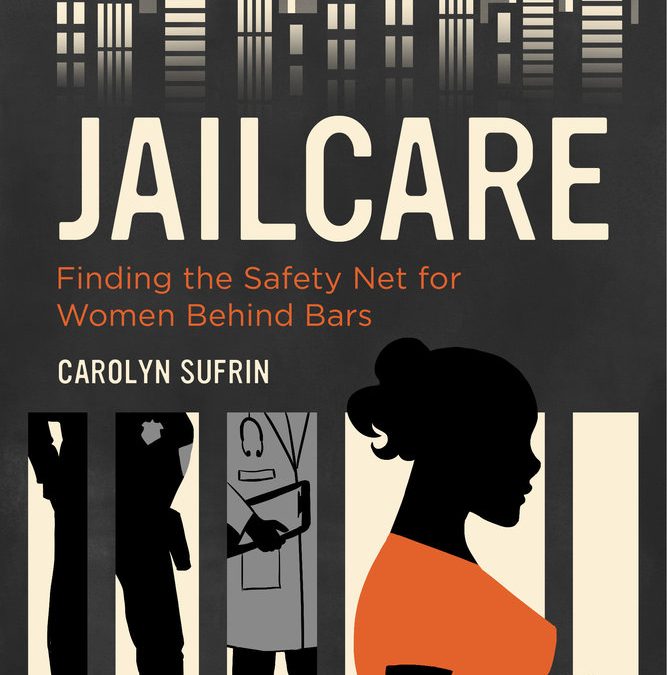
Resumen
Thousands of pregnant women pass through our nation’s jails every year. What happens to them as they carry their pregnancies in a space of punishment? In this time when the public safety net is frayed, incarceration has become a central and racialized strategy for managing the poor. Using her ethnographic fieldwork and clinical work as an ob-gyn in a women’s jail, Carolyn Sufrin explores how jail has, paradoxically, become a place where women can find care.
Focusing on the experiences of incarcerated pregnant women as well as on the practices of the jail guards and health providers who care for them, Jailcare describes the contradictory ways that care and maternal identity emerge within a punitive space presumed to be devoid of care. Sufrin argues that jail is not simply a disciplinary institution that serves to punish. Rather, when understood in the context of the poverty, addiction, violence, and racial oppression that characterize these women’s lives and their reproduction, jail has, tragically, become a safety net for women on the margins of society.
Si tienes problemas para conseguir el texto, escríbenos


